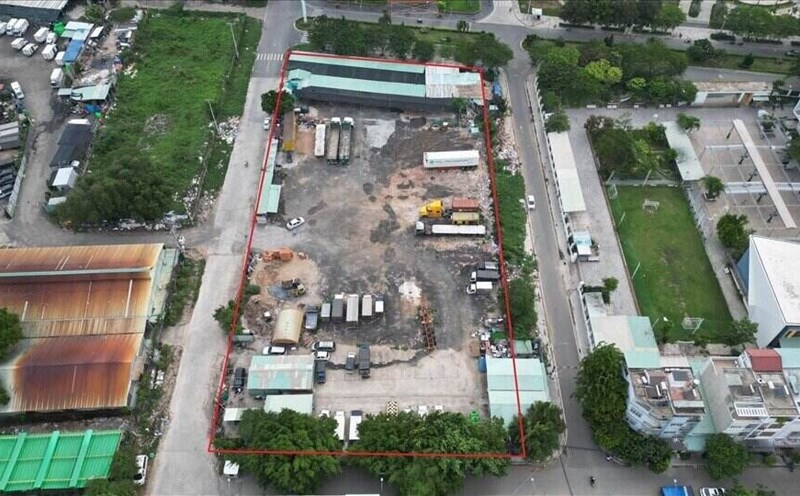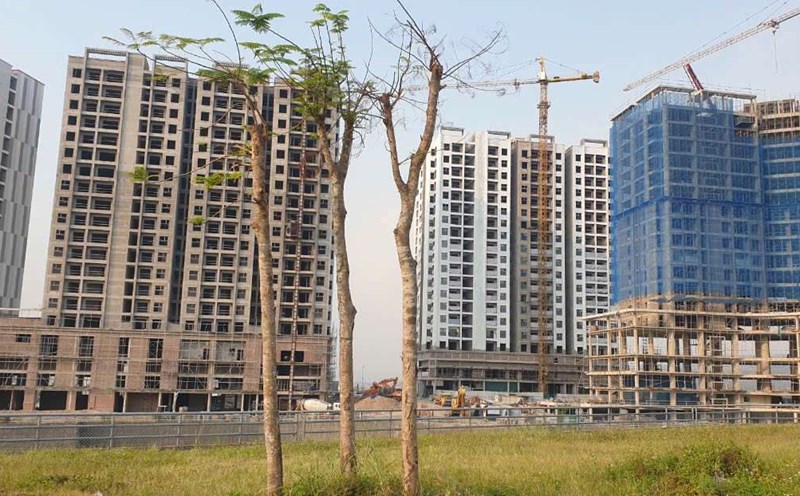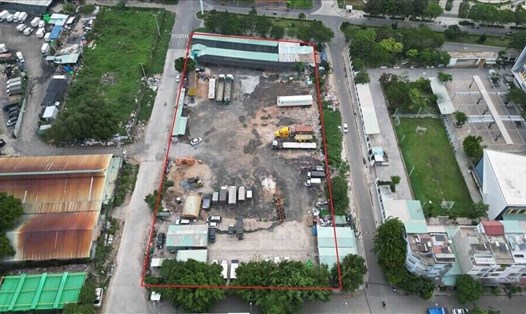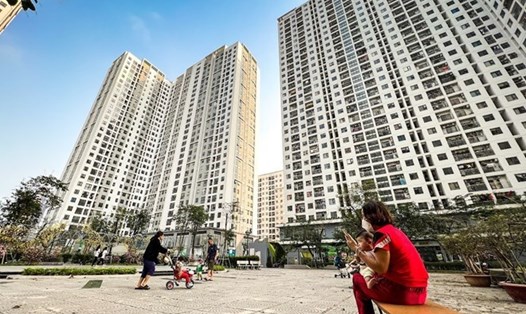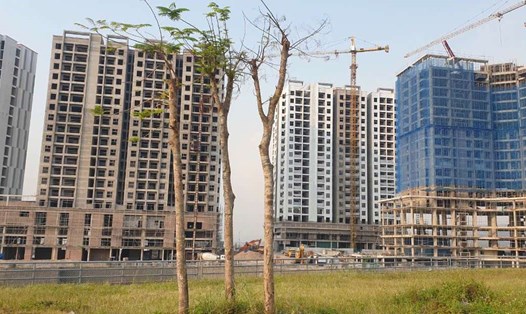National Assembly Delegate Nguyen Thi Viet Nga (Hai Duong Delegation) shared this with the press on the sidelines of the National Assembly at the 8th session.
Ms. Nguyen Thi Viet Nga said that in the period of 2015-2023, resources for social housing development are mainly from outside the budget, not from the state.
According to her, this has limitations, which is that investors really want to have a quick capital turnover to ensure profits and the bigger the profit the better for the investor. This leads to a situation where when investing in social housing, the process of reviewing documents for people who are eligible to access social housing is cumbersome, complicated, and takes a long time. The longer the homebuyer waits, the longer the investor can get their capital back, so they are not interested in social housing.
"There are also times when investors are impatient to quickly recover capital and take different measures to make social housing accessible to people who are not necessarily allowed to access it according to regulations," said Ms. Nga.

From the above reality, Ms. Nga hopes that localities will pay attention to social housing but built with budget resources, aiming at the goal of social housing for rent, rather than social housing for sale, or for rent-to-own. According to Ms. Nga, although the price has been controlled for the investor's profit, it is still too high compared to the income of the subjects who have access to social housing.
Ms. Nga said that for the poor, near-poor households, and low-income workers, the entire amount of money in a month is only enough for family expenses, with a very tight life, there is no surplus to buy social housing. Even though they enjoy preferential interest rates from some policy banks, they do not dare to buy because they cannot pay.
"Poor workers spending 700 million VND - more than 1 billion VND to buy social housing is unimaginable" - she commented and suggested paying attention to the social housing segment for rent at reasonable prices.
Ms. Nga added that the Housing Law has been passed, which includes a very important provision that the Vietnam General Confederation of Labor is allowed to be the investor in developing housing for workers using trade union funds.
“I hope that the Vietnam General Confederation of Labor will soon actively and effectively implement the construction of housing for workers, because only then can we quickly solve the problem of how to have housing for workers, especially in large cities where there are many workers, many industrial zones, clusters and clusters,” Ms. Nga expressed.
Meanwhile, delegate Dinh Ngoc Minh (Ca Mau delegation) said that currently, the housing segment for low-income people is lacking; many mini apartments and boarding houses are only 10 square meters for one household, which is very difficult for workers who work far away.
“Therefore, it is recommended to add a solution to assign the Government a very specific policy for the housing segment for low-income workers. The goal is to reduce administrative procedures,” Mr. Minh proposed.
According to Mr. Minh, he consulted some companies, the construction cost of houses for low-income people (about 25-30 m2) is maximum 7 million VND/m2; the selling price is 10 million VND/m2, then houses of 25-30 m2 will cost 250 - 300 million VND, not as high as now, easy for workers to access.
According to Mr. Minh, the current high prices are due to administrative procedures, so he proposed a specific policy to reduce administrative procedures, allowing people to have land, build it themselves to sell, as long as it is within the planning and complies with the standards issued by the State.

